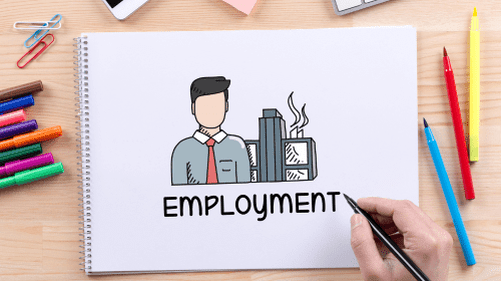Tax when you’re both employed and self-employed can be a bit confusing.
As we all know, employees are paid through the PAYE system, where their tax is calculated and paid automatically. If you make income through self-employment, this however, falls outside of that and becomes untaxed income. The duty for paying tax is as follows:
Employer: your workplace should calculate and deduct the appropriate taxes for all income related to your salary. This also includes Class 1 National Insurance payments.
You: as a self-employed person, you need to record total income and then work out profit minus expenses. You’ll be taxed on profits and will also have to pay Class 4 National Insurance contributions. (Class 2 is being scrapped as of April 2024).
Income Tax is charged on total income, no matter what the source is.
For example:
If you earn £15,000 in Employment and £5,000 from Self Employment, you are assessed on £20,000
If you earn £15,000 in Employment. £6,000 from renting a property out, and £5,000 from Self Employment, you are assessed on £26,000
You’ll need to submit a self-assessment tax return which includes all your income and any tax already deducted. This can be tricky – but as long as you’re accurately recording income from self-employment and following the guidelines for Self-Assessment, you should be fine.
So do I get 2 lots of the tax free personal allowance of £12,570?
Unfortunately, no you don’t. You only get 1 personal allowance of £12,570 to use on all your income, regardless if it comes from different sources (such as employment income & self-employment income).
HMRC will continue to tax you on your employment income as normal. You then pay the self-employment income once your tax return has been completed.
Will my employer find out about my employed & self-employed status?
It’s understandable that you might not want your employer to know that you’re working outside your employment. Though be careful, because your employment contract might forbid you to take on outside work, particularly if there is a risk of competition with your current employer.
Your tax affairs are entirely confidential and HMRC won’t inform your employer if you also register as self-employed. However, be aware that if you form a limited company your details are publicly available at Companies House, so your employer could find out about your business that way.
It’s important to remember that you might have to make payments on account if you’re tax bill from your self-employment is more than £1,000. You can read about payments on account and how they work here: 'What are payments on account & how do they work?'

